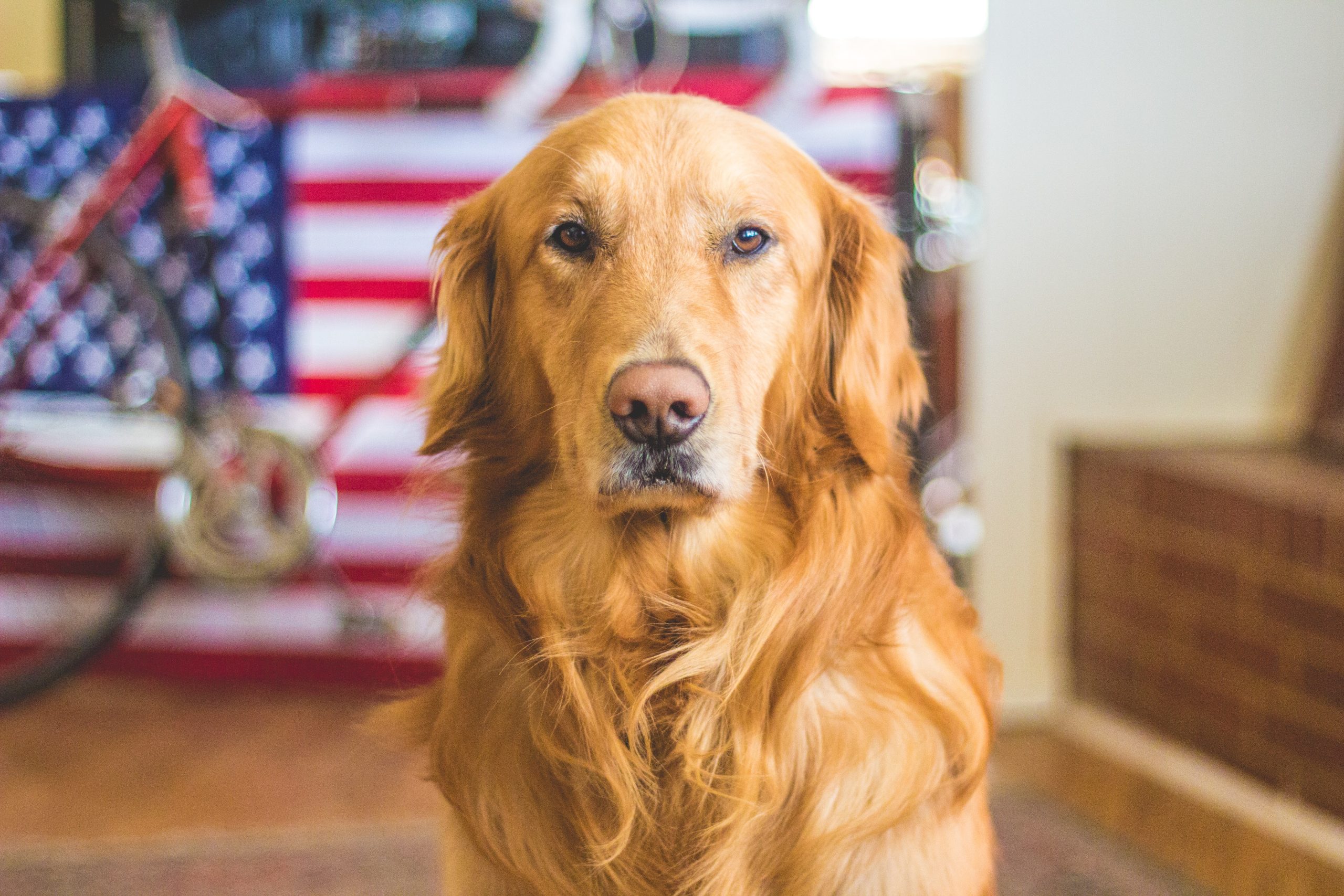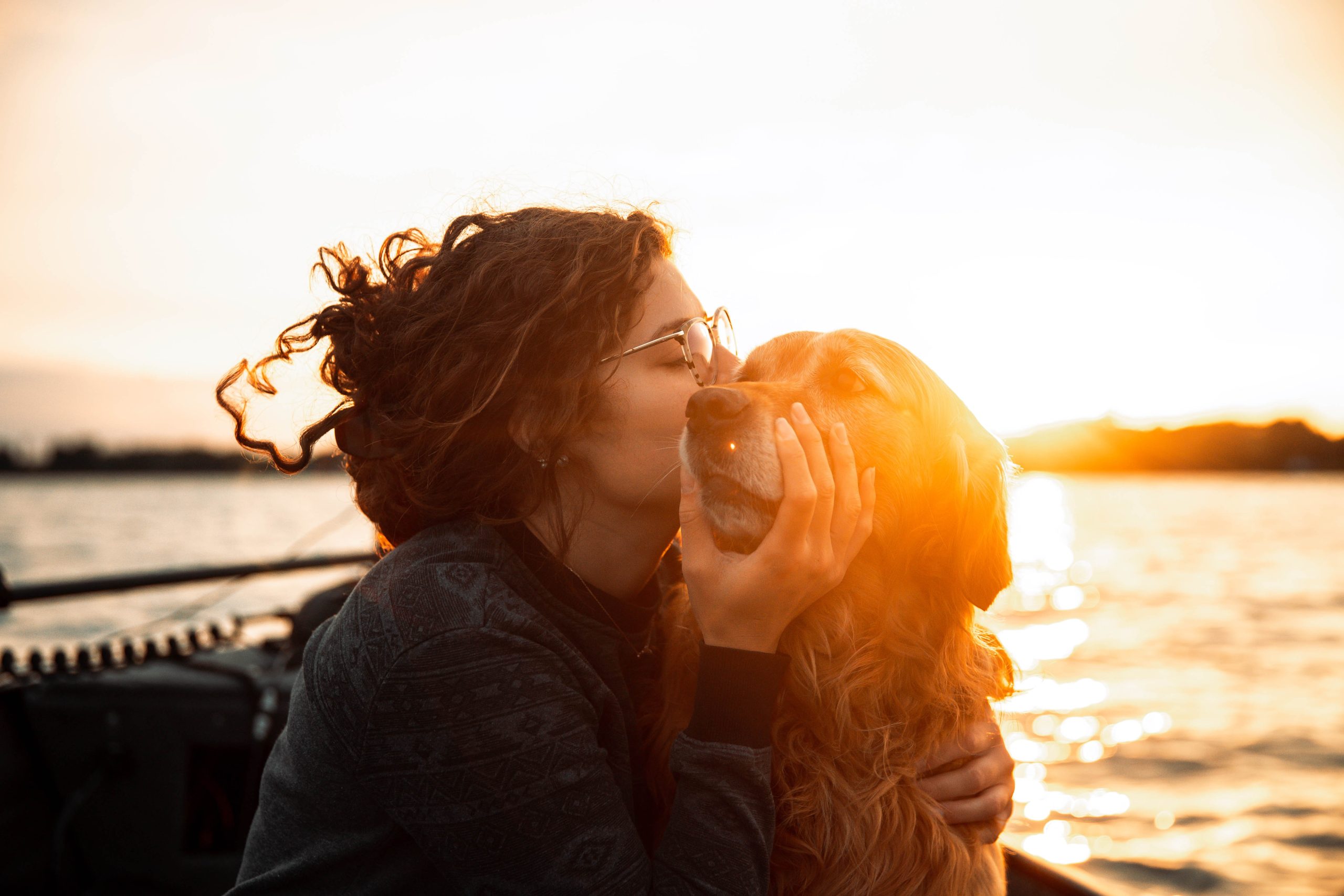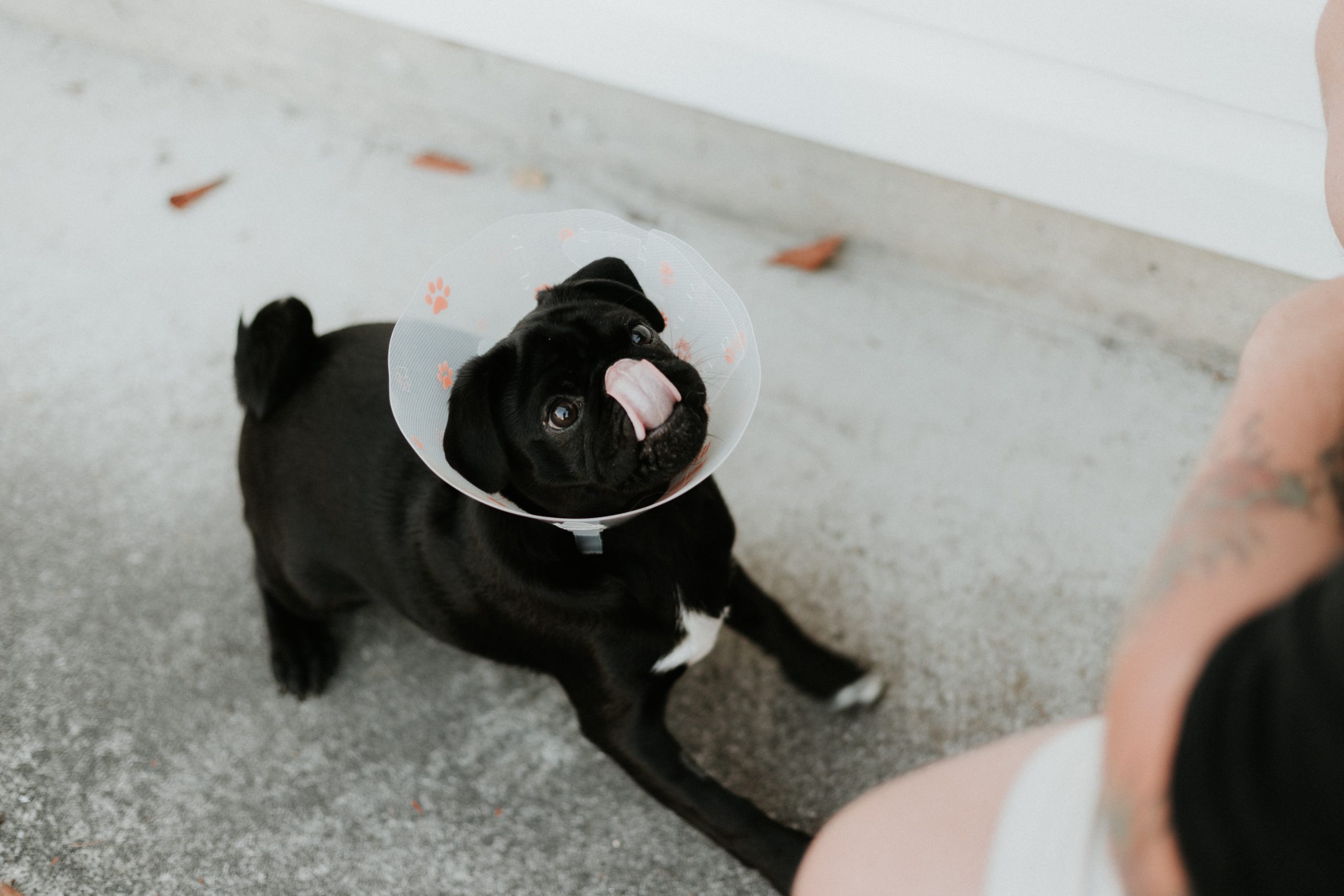
Happy Wagging: A Step-By-Step Guide To Prepping Your Dog For Surgery
For those of you who are nervous about your dog getting surgery, this guide is for you!
In this article, we will walk you through the process of preparing your pup for surgery, from pre-op instructions to post-op care. We will also discuss the different types of surgery available to dogs, and how to choose the right one for your pet.
Determine Anesthesia Pre-Op Instructions
In order for your dog to be comfortable during surgery, you must determine an anesthesia pre-op protocol. This will include the type of anesthesia to be used, the amount of anesthesia, and the type of anesthesia to be used. You will also want to confirm that your veterinarian has the proper training and experience to administer anesthesia to your dog.
Schedule The Surgery
When scheduling surgery for your dog, it is important to discuss the type of surgery needed and any potential risks with your veterinarian. Your veterinarian will be able to provide you with the best advice and help you decide on the right approach for your dog. Once the surgery is scheduled, your vet will provide you with a list of pre-op instructions. This typically includes things like fasting for a certain amount of time before surgery and having bloodwork done.
You should also ask your vet about pain management options for your dog. They can provide you with recommendations for medications and post-operative care that will help your dog recover faster. If your dog has special needs, you may need to schedule additional appointments with specialists to make sure that the surgery is safe and successful. Make sure your surgery date fits your schedule.
It’s important to plan ahead and take into consideration the travel expenses, as well as the days needed to travel and for your pet’s recovery. For example, if you’re a Spring Hill resident and the surgery is in Chattanooga or Nashville, you would need to include additional days for travel as well as expenses for a hotel stay.
Finally, make sure to schedule a follow-up appointment with your vet after the surgery is completed. This will help you monitor your dog’s recovery and make sure that there are no complications.

Make Sure Vaccinations Are Up-To-Date
Rabies Vaccination: Rabies vaccination is extremely important for all dogs and is required by law. This vaccination helps protect dogs from contracting rabies, a deadly virus that can cause severe illness or death. The rabies vaccine should be administered at least once a year for all dogs, and more frequently for puppies.
Distemper Vaccination: The distemper vaccination is essential for protecting your dog from a variety of diseases. This vaccination should be given at least once a year, and more frequently for puppies. The distemper vaccine is highly effective in preventing diseases such as canine distemper, parvovirus, and hepatitis.
Parvo Vaccination: The parvo vaccination is critical for protecting puppies and dogs from an extremely contagious virus. This virus can cause severe vomiting and diarrhea, and can even be fatal. The parvo vaccination should be given at least once a year, and more frequently for puppies.
Bordetella Vaccination: The bordetella vaccination is important for protecting dogs from the bacteria that causes kennel cough. This bacteria is highly contagious and can cause serious health issues if left untreated. The bordetella vaccine should be given at least once a year, and more frequently for puppies.
Pre-Op Medication
If your dog has any pre-operative medications, such as antibiotics or pain medications, you should discuss this with your veterinarian and make sure that these medications are up-to-date. These medications will help to keep your dog comfortable during surgery.
Pre-Op Diet
Your dog’s diet should be discussed with your veterinarian before surgery. This will include any changes that should be made to your dog’s diet before surgery. This will include any special diets that your dog may need to eat before surgery or after surgery or any special diets that you may need to feed your dog after surgery, such as a special diet for recovery. You should also discuss any changes to your dog’s diet that may be needed after surgery.
If you have any questions about the pre-op diet for your dog, you can contact your veterinarian. They can help you figure out what diet is right for your dog before surgery and what diet you should feed your dog after surgery.

Care After Surgery
If you have any questions about post-operative care for your dog, you should contact your veterinarian immediately. Your veterinarian can help you figure out what post-operative care is right for your dog and what type of care they will need after surgery. Animal hospitals are a great resource for post-operative care information for animals. You can also contact the American Animal Hospital Association’s website for more information about post-operative care for animals.
Post-Op Appointment
After surgery, you should schedule a post-operative appointment with your veterinarian. This appointment should be scheduled as soon as possible after surgery. During this appointment, you will want to discuss how your dog is doing and how you are caring for them after surgery. Your veterinarian can also answer any questions or concerns that you may have about caring for your dog after surgery.
If you have any questions about preparing your dog for surgery or post-operative care, you should contact your veterinarian. They can help you figure out what is needed for your dog after surgery and how to care for them properly.








